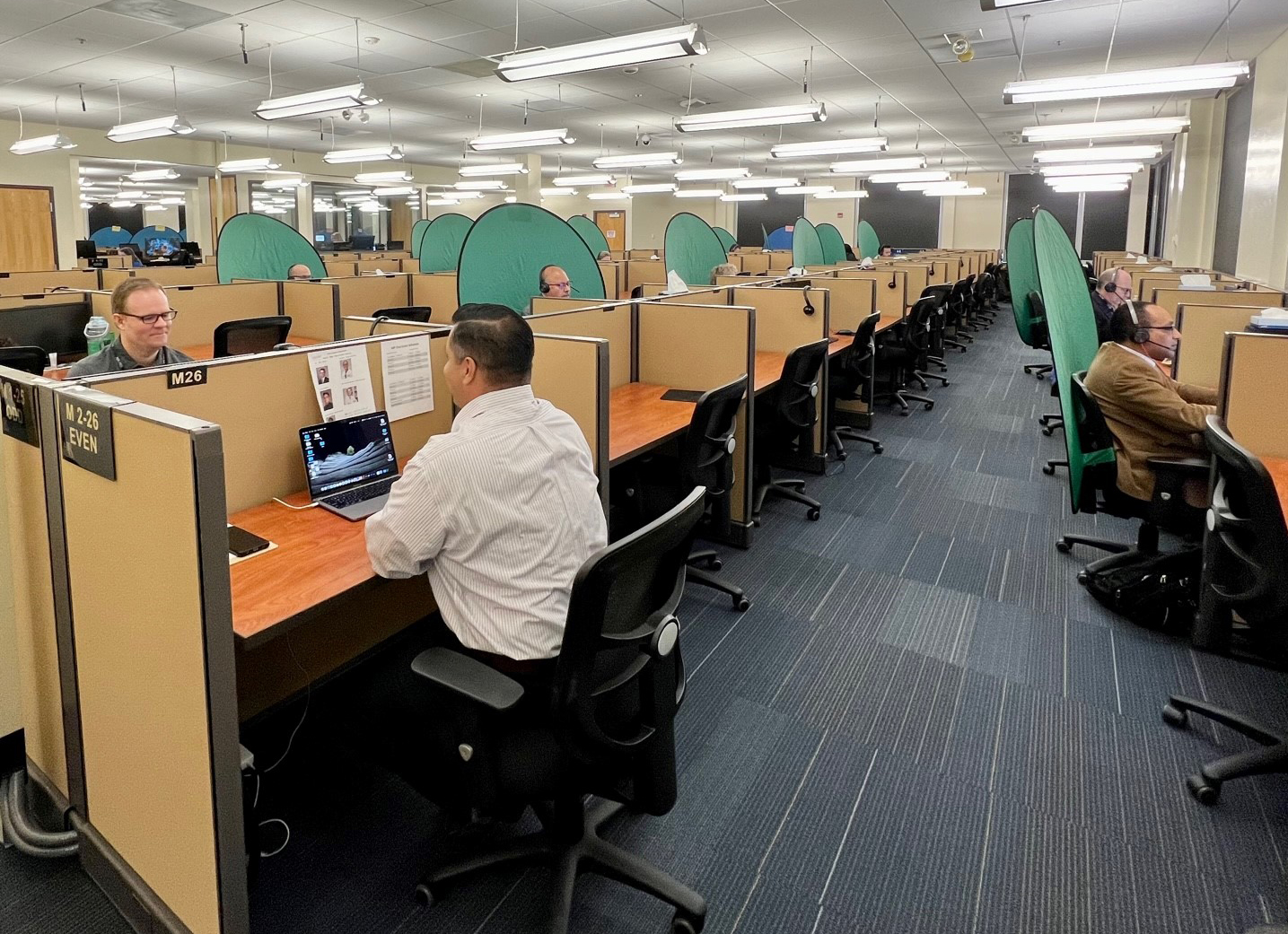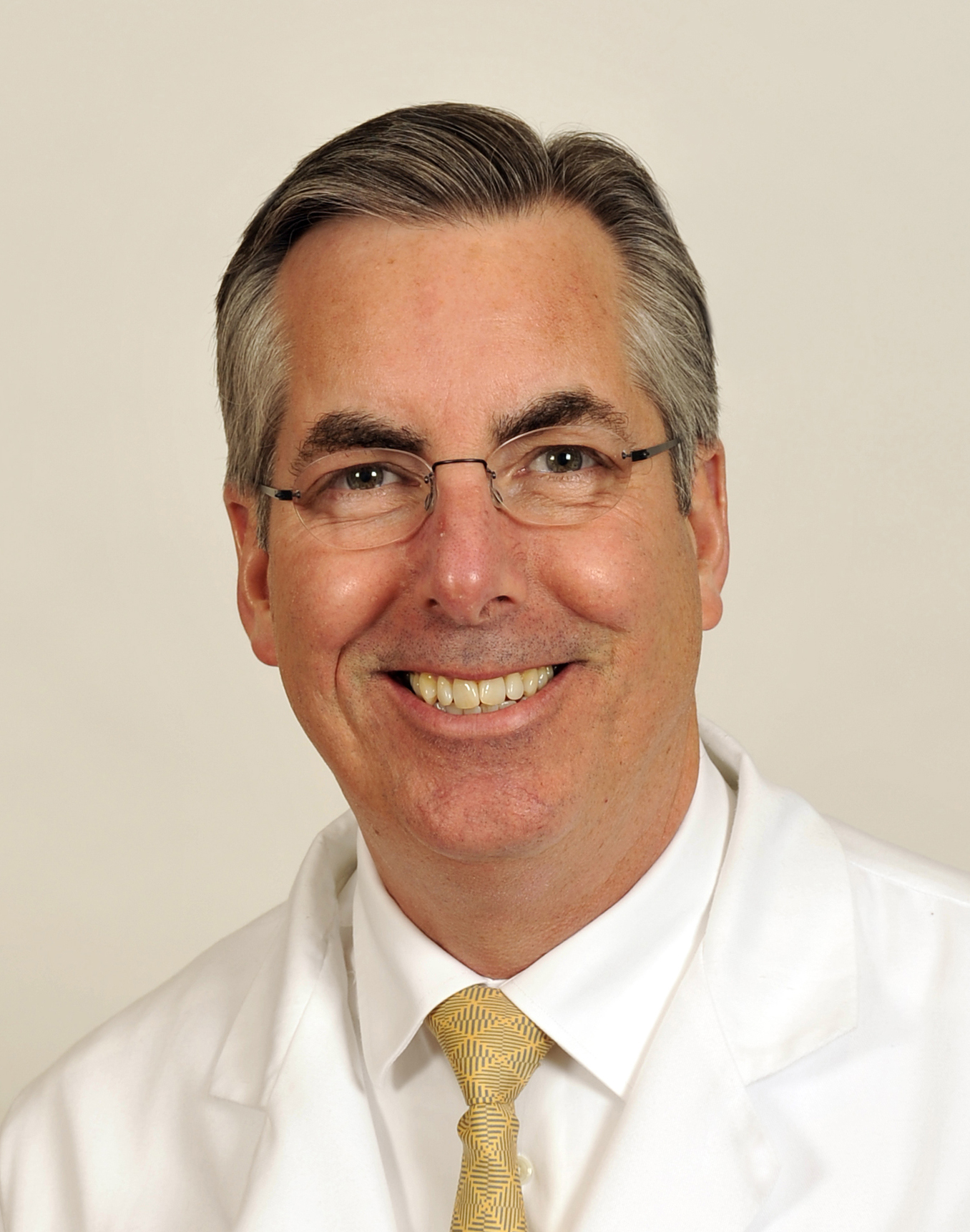June 2023 | Volume 16, Issue 3

For the spring oral certifying exams, some examiners returned to the Tucson Exam Center (pictured) while others examined remotely. Read about the first “hybrid” oral exams here.

Celebrating Dr. Dunnick and Other News Worth Sharing
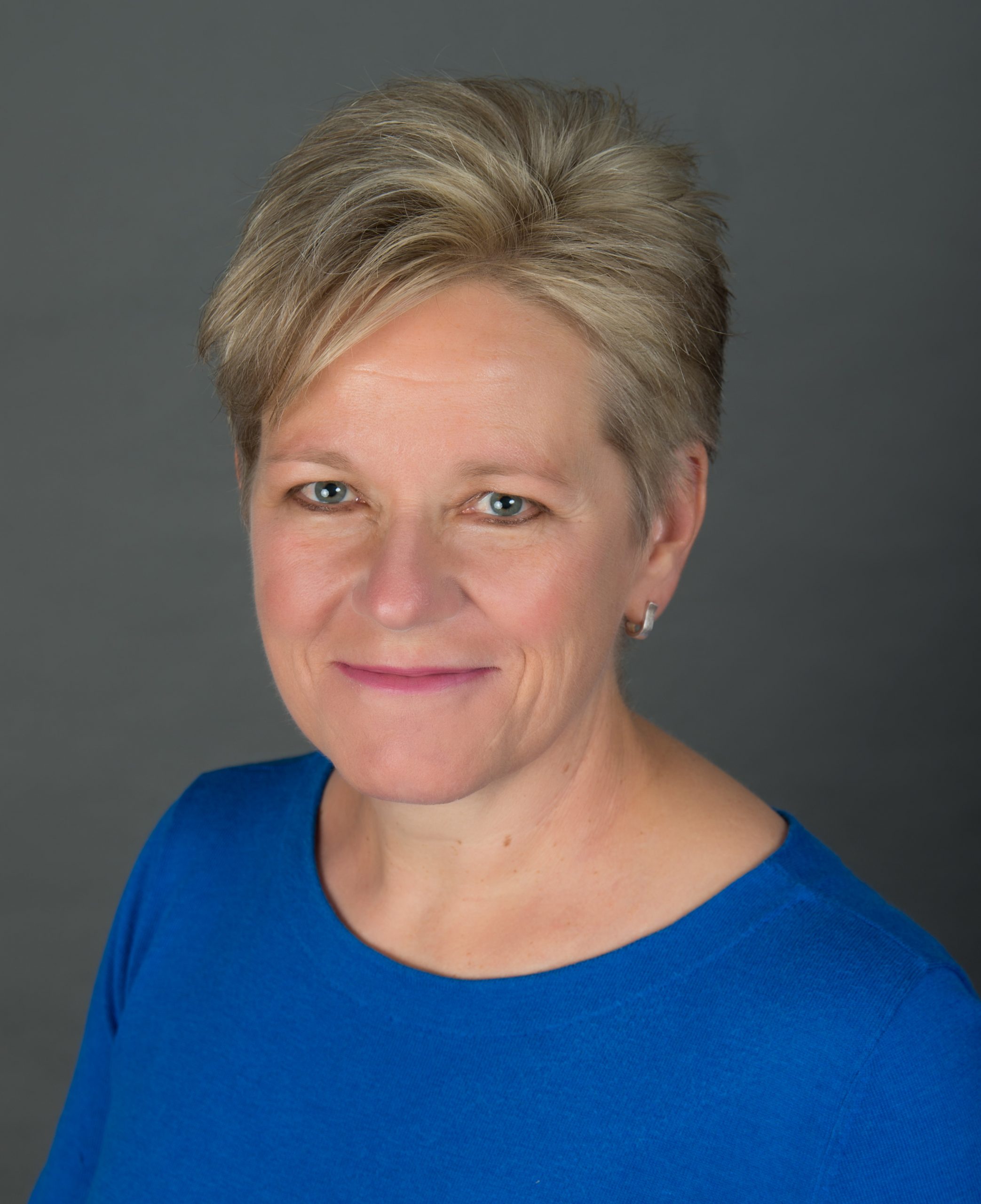 By Mary S. Newell, MD, ABR Governor
By Mary S. Newell, MD, ABR Governor
2023;16(3):1
I love the holidays we celebrate as a nation over the summer. With them come long weekends made for rest and get-togethers with delicious food, sports, and music. However, they also serve to remind us of values we honor: service to society, the worthiness of great effort, and the duty of care for institutions and fellow humans.
In this issue of The Beam, former ABR Executive Director Gary J. Becker, MD, writes a farewell tribute to Reed Dunnick, MD, who will be retiring from the ABR at the end of June after a career of extensive and incalculably valuable service, including most recently as ABR associate executive director (AED) for diagnostic radiology (DR). We will greatly miss Dr. Dunnick, his tireless work and contributions, and his wonderful sense of humor.
In this issue . . .
ABR President Robert M. Barr, MD, describes how crucial feedback from multiple stakeholders has informed all steps on the path toward development of the new DR Oral Certifying Exam, and answers three recurring question that have arisen.
ABR Executive Director Brent Wagner, MD, MBA, reminds us that updated ABMS Continuing Certification standards will take effect in 2024, but notes that ABR diplomates will most likely not sense much change. He also presents interesting survey results about OLA and diplomate preferences.
Click HERE to read more.

Feedback Vital to Development of New DR Oral Certifying Exam
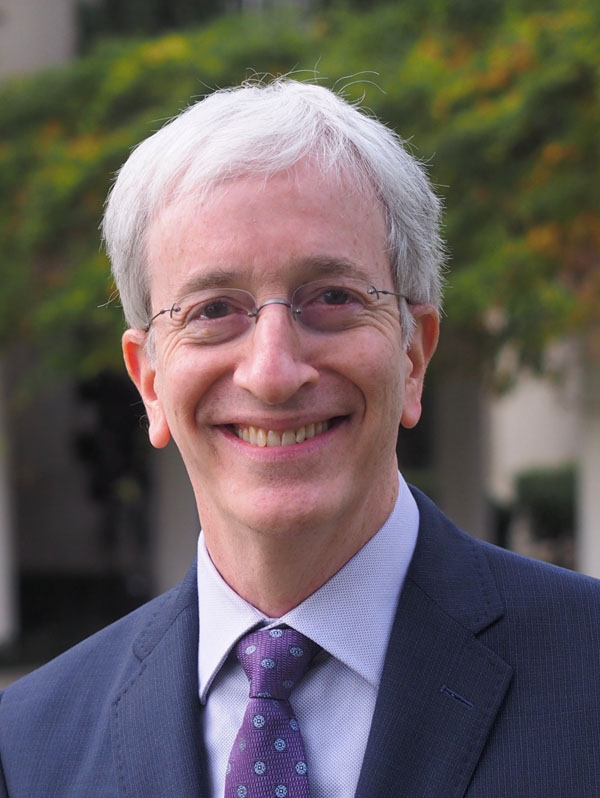 By Robert M. Barr, MD, ABR President
By Robert M. Barr, MD, ABR President
2023;16(3):2
On April 13, the ABR announced that the Diagnostic Radiology Certifying Exam, currently administered in a written multiple-choice format 15 months after graduation from residency, will be replaced with a remote online oral exam. The new format will be required for candidates completing residency during or after 2027 and will be administered using the ABR’s proprietary videoconference exam software.
The announcement represented the culmination of nearly two years of work, beginning with the fundamental question of whether the current exam structure was an optimal way to assess the knowledge and skill of diagnostic radiologists. The question was part of internal discussions and analysis inherent in the ABR’s ongoing efforts to maintain high-quality testing instruments based on sound principles and effective execution. Subsequently, we developed an iterative process of seeking input from external stakeholders, including hundreds of residency faculty, practicing nonacademic radiologists, and recent trainees. We have previously shared some of the recurring themes that surfaced during these discussions. These included the perception that the Certifying Exam should focus more on skills necessary for diagnostic radiology practice (including synthesis of imaging findings and acknowledgement of nuance and judgment when assessing an imaging study in the context of a clinical scenario), should be broader in content (rather than targeted to subspecialty knowledge), and should positively influence study habits that may be too focused on the current multiple-choice exam structure.
Click HERE to read more.

Updated Continuing Certification Standards Will Be Nothing New for Diplomates
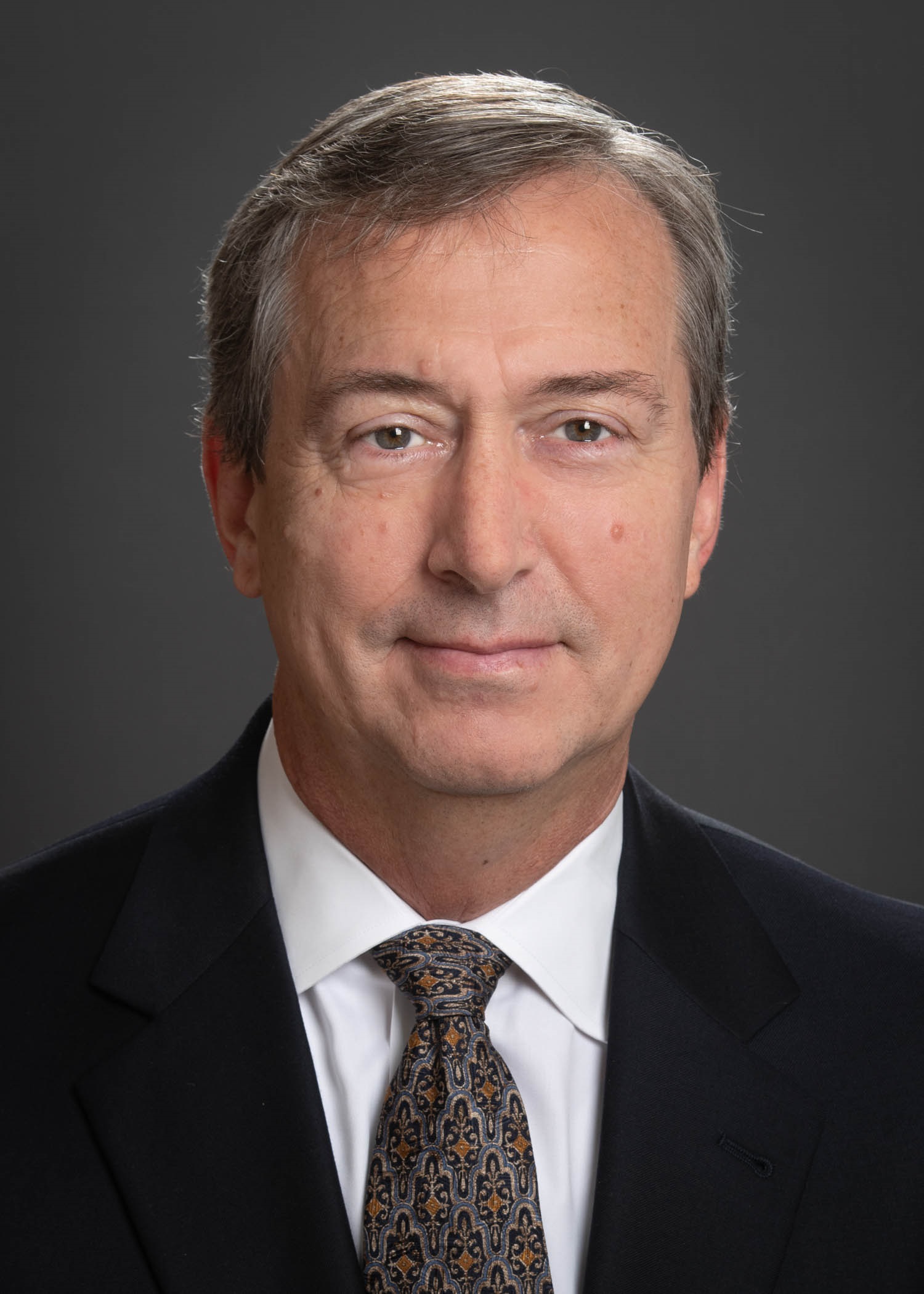 By Brent Wagner, MD, MBA, ABR Executive Director
By Brent Wagner, MD, MBA, ABR Executive Director
2023;16(3):3
As we reported in our last issue, beginning in January 2024, the new American Board of Medical Specialties (ABMS) Continuing Certification (MOC) standards will be put into place for ABR diplomates.
The transition is not likely to be noticed, because the ABR implemented these improvements, beginning several years ago, to provide increased relevance and enhanced formative (educational) functions. Additionally, there will be no new requirements for diplomates who are meeting the passing standard in Online Longitudinal Assessment (OLA).
The OLA user survey we posted in April received more than 4,700 responses. Seventy-two percent of diplomates agreed or strongly agreed that OLA positively impacts their daily clinical work, 79% responded that OLA helps them identify clinical knowledge gaps, and 76% said that OLA helps them remediate clinical knowledge gaps. The overall satisfaction rating was 4.2 on a five-point scale.
Click HERE to read more.
Board of Governors Getting Three New Members This Year
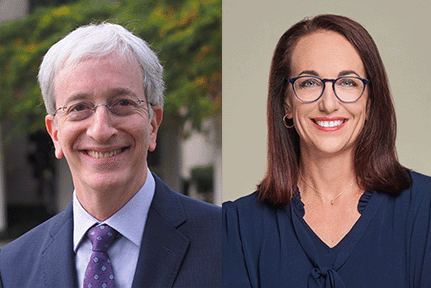 By Robert M. Barr, MD, ABR President, and Cheri L. Canon, MD, ABR President-elect
By Robert M. Barr, MD, ABR President, and Cheri L. Canon, MD, ABR President-elect
2023;16(3):4
At the close of the ABR’s upcoming annual meeting in October, three new members will be added to the Board of Governors (BOG). The BOG is responsible for the exercise of corporate power, business, and affairs of the ABR and works alongside the Board of Trustees (BOT), which serves to advance the quality, relevance and effectiveness of the ABR’s assessments for certification. (ABR Bylaws)
Marina Feldman, MD, MBA, works in a hospital-based practice in Manchester, New Hampshire. A fellowship-trained breast imager, she was instrumental in the hospital’s initial development and the subsequent growth of a multidisciplinary tertiary breast cancer center. She is a member of the board of directors of the Elliot Health System and was recently named to its governance committee. Dr. Feldman was selected from more than 100 ABR diplomates who were considered for an open position on the Board.
Click HERE to read more.
Volunteerism Committee Has Thrived Under Dr. Oates’ Leadership
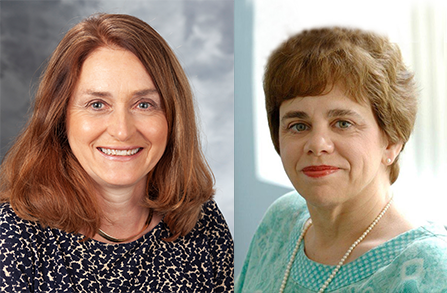
By Pamela Propeck, MD, ABR Trustee
2023;16(3):5
If you’re involved with the ABR, you’ll recognize the name Elizabeth (“Liz”) Oates, MD. Chair of the department of radiology at the University of Kentucky, Liz has been a longtime ABR volunteer, starting as an oral board examiner for diagnostic radiology in 1995. She has also served as chair of the Subspecialty Nuclear Medicine Committee and as a member of numerous other ABR committees. She is currently an ABR trustee.
In addition to various other accomplishments, Liz has led the ABR Volunteerism Committee since 2020, and she spearheaded a major revision of the ABR Volunteer Handbook, which helps orient volunteers in each of the disciplines we certify: medical physics, interventional radiology, diagnostic radiology, and radiation oncology. The handbook provides extensive details about volunteer opportunities and requirements and is a wonderful resource for anyone considering volunteering with the ABR.
Click HERE to read more.
Initial Certification Advisory Committee Provides Insight During Tucson Meeting
By James B. Spies, MD, MPH, ABR Associate Executive Director for Interventional Radiology
2023;16(3):6
The ABR is committed to serving all its stakeholders, and candidates for initial board certification are among the most important. To become certified in IR/DR, candidates must pass three exams: the Qualifying (Core) Exam, the computer-based portion of the Certifying Exam, and the final Oral Certifying Exam. Along that path, candidates have regular contact with ABR staff and our processes, and it is important for us to understand their needs. Just as we regularly seek input from diplomates via the IR Continuing Certification (MOC) Advisory Committee, the ABR has an IR committee to provide input on the initial certification process.
In selecting members for the IR Initial Certification Advisory Committee, we relied on the Society of Interventional Radiology (SIR) and other sponsoring organizations for recommendations. We were fortunate that all those invited agreed to serve. The members include candidates still in training who are going through the certification process as well as diplomates who have recently been certified.
Click HERE to read more.
Hybrid Examiner Model Works for MP, RO Orals
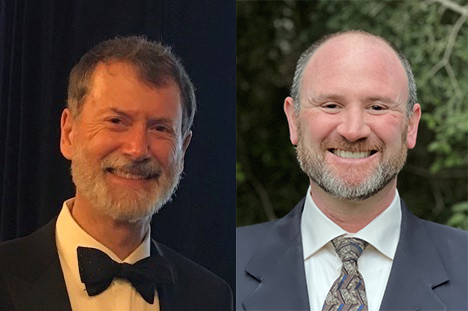 By Geoffrey S. Ibbott, PhD, ABR Associate Executive Director for Medical Physics, and Michael Yunes, MD, ABR Associate Executive Director for Radiation Oncology
By Geoffrey S. Ibbott, PhD, ABR Associate Executive Director for Medical Physics, and Michael Yunes, MD, ABR Associate Executive Director for Radiation Oncology
2023;16(3):7
The ABR continues to evolve its oral exam platform. This spring, oral examiners conducted exams from Tucson as well as from remote locations, resulting in the first “hybrid” exams.
In April, approximately 50 medical physics examiners assembled in the test center at ABR headquarters in Tucson. Another 30 examiners joined from their homes or offices. In May, the experience was repeated with radiation oncology exams, which included 50 in-person and 40 remote examiners.
All candidates remained remote and connected to the exam platform from their homes or offices, as they have done for the past two years.
The benefits of the hybrid experience were immediate: examiners who wanted to participate but were unable or unwilling to travel were able to conduct the exams as they had in the past by using the remote tools. Examiners who were interested and able to travel met in Tucson, where they conducted the exams in the same manner but using the ABR’s computer equipment. When not examining, examiners congregated in either a physical or virtual break room, where they were able to chat with colleagues and share experiences (although by policy, specific candidates are never discussed in the break room).
Click HERE to read more.

After Deferring His Dream, Medical Student Starts Path to Radiology Career
By Rodney Campbell, ABR Communications Manager
2023;16(3):8
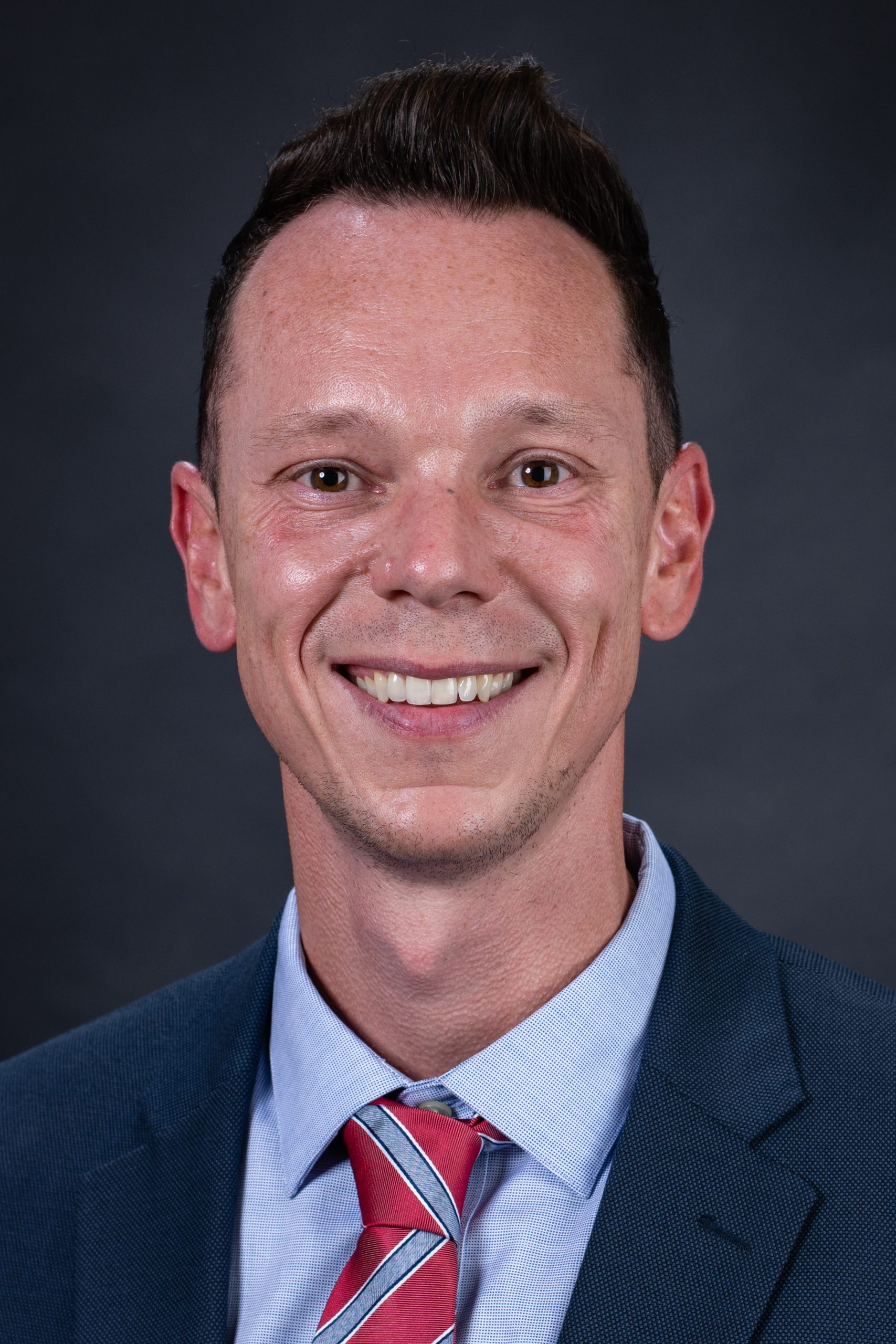
There are several reasons why Jordan Mackner might not have enrolled in medical school last year:
- He was the first member of his family to earn an undergraduate degree.
- He was discouraged from pursuing his dream by his college advisor.
- He was in his late 30s.
- He went through two years of cancer treatment.
Obstacles slowed but didn’t stop Jordan, who’s now a first-year medical student at the University of Arizona College of Medicine-Phoenix. At age 38, he appreciates his unconventional route, which included working as a chiropractor in Scottsdale, Arizona, from 2012-2016 and teaching anatomy and physiology courses at the University of Arizona College of Medicine-Phoenix and Grand Canyon University.
“I knew my education and scope of practice were limited,” Jordan said. “I worked in interdisciplinary practices and co-managed patients with MDs. I always wished I could be doing what they were doing and know what they knew.”
Getting into the UA College of Medicine was a late call. Jordan found out he had been accepted just a couple of weeks before he was headed to the Midwest for medical school.
Click HERE to read more.
Dunnick To Retire as DR Associate Executive Director After Many Years of Service
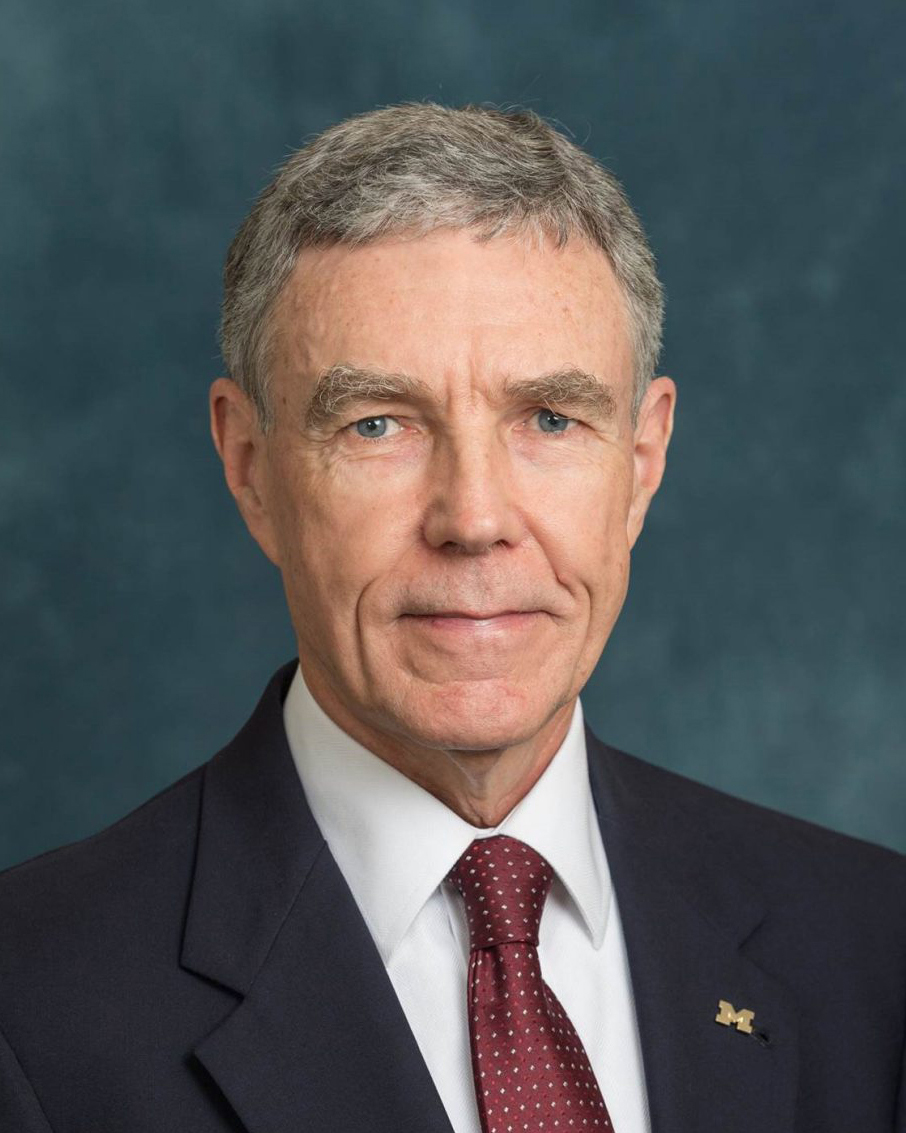
By Gary J. Becker, MD, Former ABR Executive Director
2023;16(3):9
What possessed me to agree to attempt the impossible: pen a befitting farewell to Reed Dunnick on his retirement from the position of ABR associate executive director (AED) for diagnostic radiology (DR)? I don’t know. After all, no one can encapsulate and reduce to paper a suitable tribute to a guy whose entire professional career has been about leadership and who can only be described in superlatives. And who am I to write the farewell anyhow, given that I retired from the ABR nine years ago to the day that Dr. Dunnick will end his service as AED (June 30, 2023)? I suppose I simply could not resist the opportunity to at least attempt to pay tribute to a colleague for whom I have such profound respect.
Many of you who know Reed from one or more of his volunteer roles, from his amazing 26-year run as chair of radiology at the University of Michigan, or from his many scientific and educational contributions (approximately 300 peer-reviewed publications, 11 books, 62 book chapters, and more than 500 national and international invited lectureships and presentations) must be saying, “Come on now. There’s no way he’s going to retire.” And guess what? You’re right. He will continue with his full-time responsibility — I have it on good authority that the commitment is more than 50 hours per week — as editor-in-chief of Academic Radiology. That’s good for everyone, because Reed has done a fabulous job, just as he has in every role he has taken on.
Click HERE to read more.
Two Members Join the ABR Board of Trustees
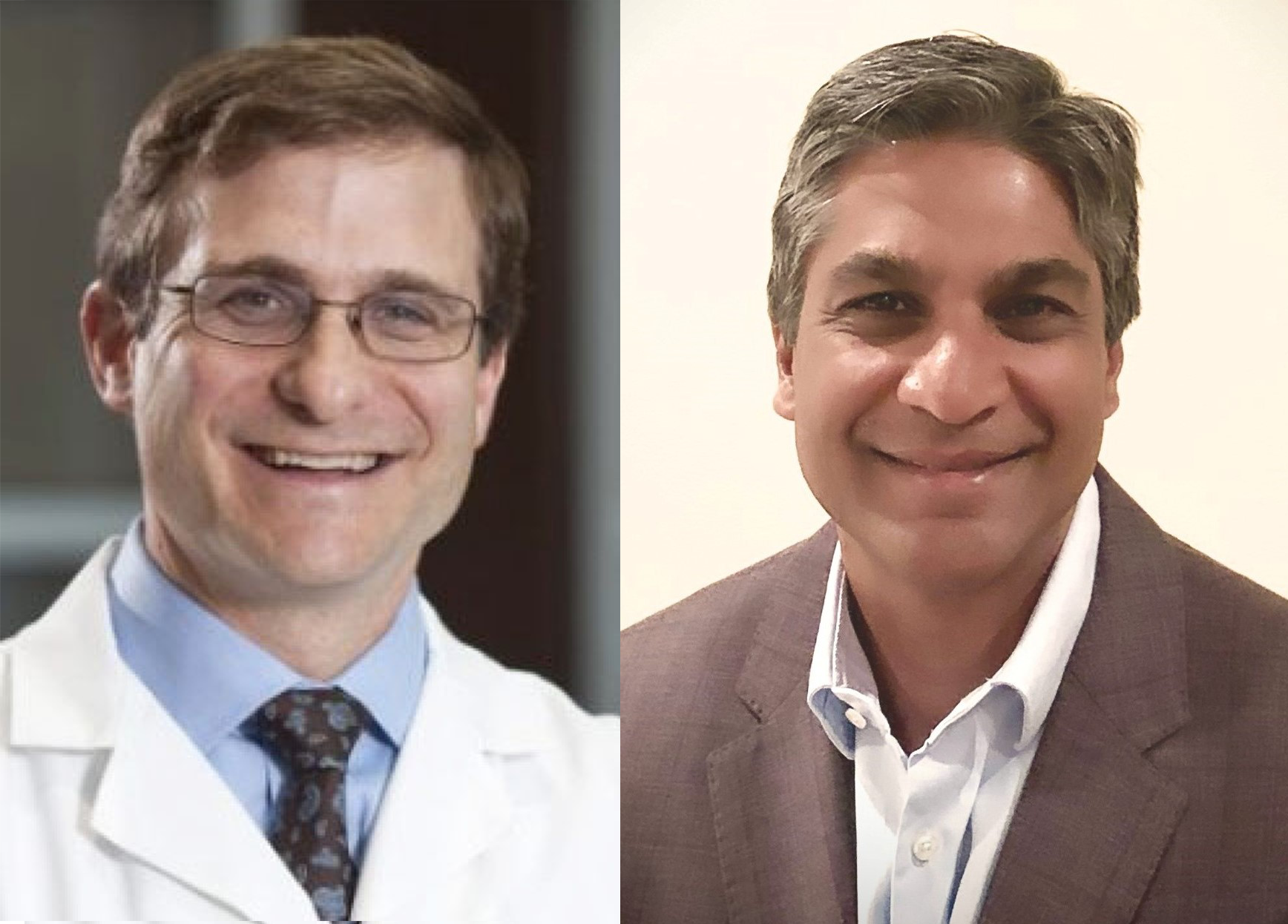
2023;16(3):10
The ABR Board of Trustees (BOT) is adding two members: Steven J. Frank, MD, and Ashok Gupta, MD. Both appointments take effect at the October board meeting.
Dr. Frank is an endowed tenured professor of radiation oncology and holds the Bessie McGoldrick Professorship in Clinical Research at The University of Texas MD Anderson Cancer Center. He is the executive director of the Particle Therapy Institute and deputy head of strategy for the division of radiation oncology. Dr. Frank is past chair of the ABR Head and Neck Oral Exam Committee. Dr. Frank graduated from the University of Pennsylvania with a history degree in 1991, was a nuclear engineer in the U.S. Naval Nuclear Propulsion Program until 1995, and earned his master’s in general science at the Emory University School of Medicine in 2000. He performed a two-month prostate brachytherapy fellowship at Seattle Prostate Institute in 2004 and completed his radiation oncology residency at MD Anderson in 2005.
Click HERE to read more.

May 30 Blog
TheRadRoom Opens Doors to Radiology for Medical Students
May 16 Blog
Playing Volleyball in Austria Proves Net Gain for Medical Physicist
May 9 Blog
She Can Check Getting Certified Off Her To-Do List
May 2 Blog
Medical Physicist Makes Mental Health a Priority
April 18 Blog
Social Media Valuable for Finding Mentors, Inspiration
April 11 Blog
Prep Work Made Candidate Confident for Qualifying Exam


